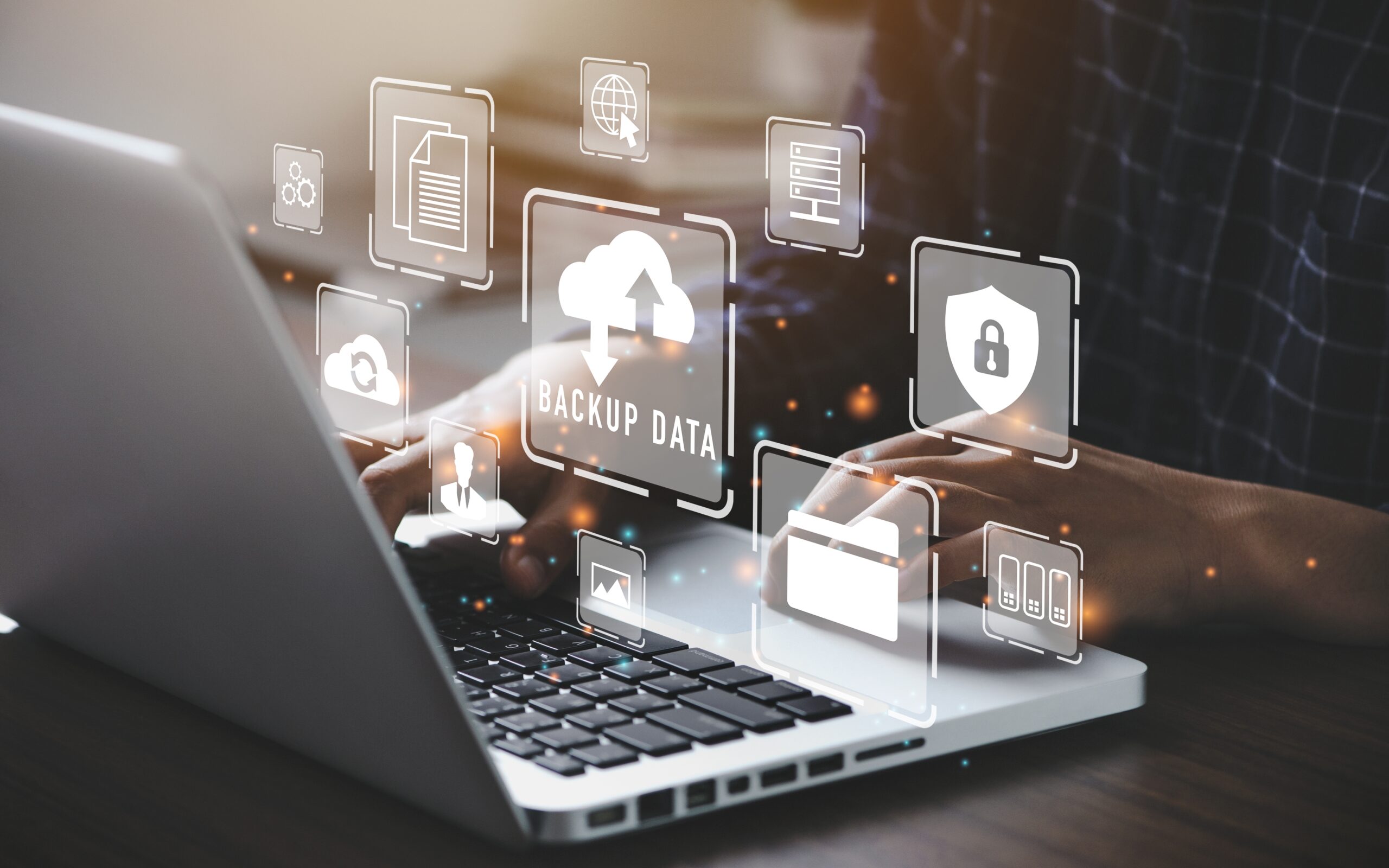In today’s digital age, email has become an indispensable tool for office workers. It serves as the primary means of communication, document sharing, and collaboration. However, with the increasing prevalence of cyber threats, it is crucial for office workers to take proactive steps to keep their email accounts safe. In this article, we will explore essential tips and best practices that can help office workers protect their email accounts and ensure the security and privacy of their sensitive information.
Strong Passwords and Two-Factor Authentication
One of the fundamental steps in securing an email account is to create a strong, unique password. Avoid using easily guessable passwords such as birth dates or common words. Instead, use a combination of uppercase and lowercase letters, numbers, and special characters. Regularly update your password to minimize the risk of unauthorized access.
Implementing two-factor authentication (2FA) provides an additional layer of security. By enabling 2FA, you will be required to provide a second form of verification, such as a temporary code sent to your mobile device, in addition to your password. This ensures that even if your password is compromised, unauthorized access to your email account is significantly reduced.
Be Wary of Phishing Attacks
Phishing attacks remain a prevalent threat to email security. Cybercriminals often send deceptive emails pretending to be legitimate entities, enticing recipients to click on malicious links or provide personal information. To protect yourself, be vigilant and cautious when opening emails from unknown senders or those that seem suspicious.
Look out for red flags such as misspellings, poor grammar, or urgent requests for personal or financial information. Avoid clicking on links or downloading attachments unless you can verify the sender’s authenticity. When in doubt, contact the sender through a separate communication channel to confirm the legitimacy of the email.
Regular Software Updates and Security Patches
Keeping your email software and operating system up to date is essential for maintaining a secure email account. Software updates often include bug fixes, security patches, and enhancements that address vulnerabilities discovered by developers or security researchers. Configure your email client or application to automatically install updates or periodically check for updates manually. Regularly updating your software ensures that you have the latest security measures in place to protect your email account from emerging threats.
Secure Wi-Fi and Encryption
When accessing your email account from outside the office, it is crucial to connect to secure Wi-Fi networks. Public Wi-Fi networks are often unencrypted and susceptible to eavesdropping. To ensure the confidentiality of your emails, use a virtual private network (VPN) when connecting to public Wi-Fi. A VPN encrypts your internet traffic, making it difficult for attackers to intercept and decipher your email communications.
Additionally, enable email encryption whenever possible. Encryption scrambles the content of your emails, making them unreadable to unauthorized individuals. Most email providers offer encryption options, such as Transport Layer Security (TLS) or Pretty Good Privacy (PGP), to enhance the security of your email communication.
Conclusion
Protecting your email account is paramount for office workers in today’s digital landscape. By following these essential tips, such as using strong passwords, enabling two-factor authentication, and staying vigilant against phishing attempts, you can significantly enhance the security of your email account. Additionally, regularly updating your software, connecting to secure Wi-Fi networks, and leveraging email encryption further safeguard your sensitive information. By adopting these practices, you can mitigate the risk of cyber threats and enjoy a safer and more secure email experience, ensuring the privacy and confidentiality of your communications.







